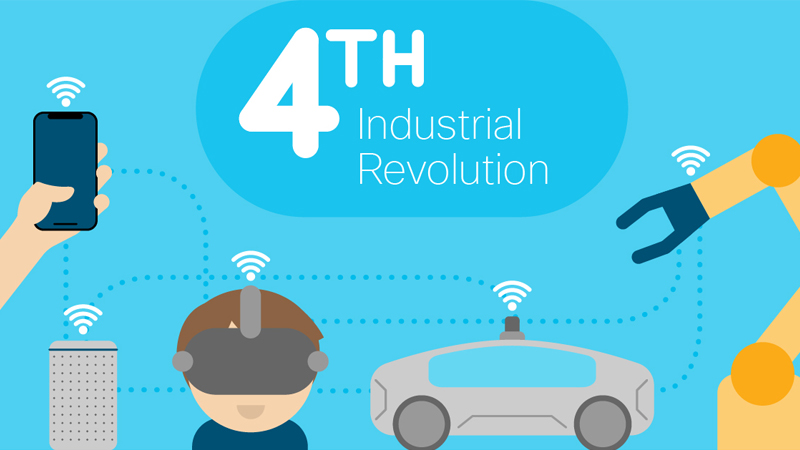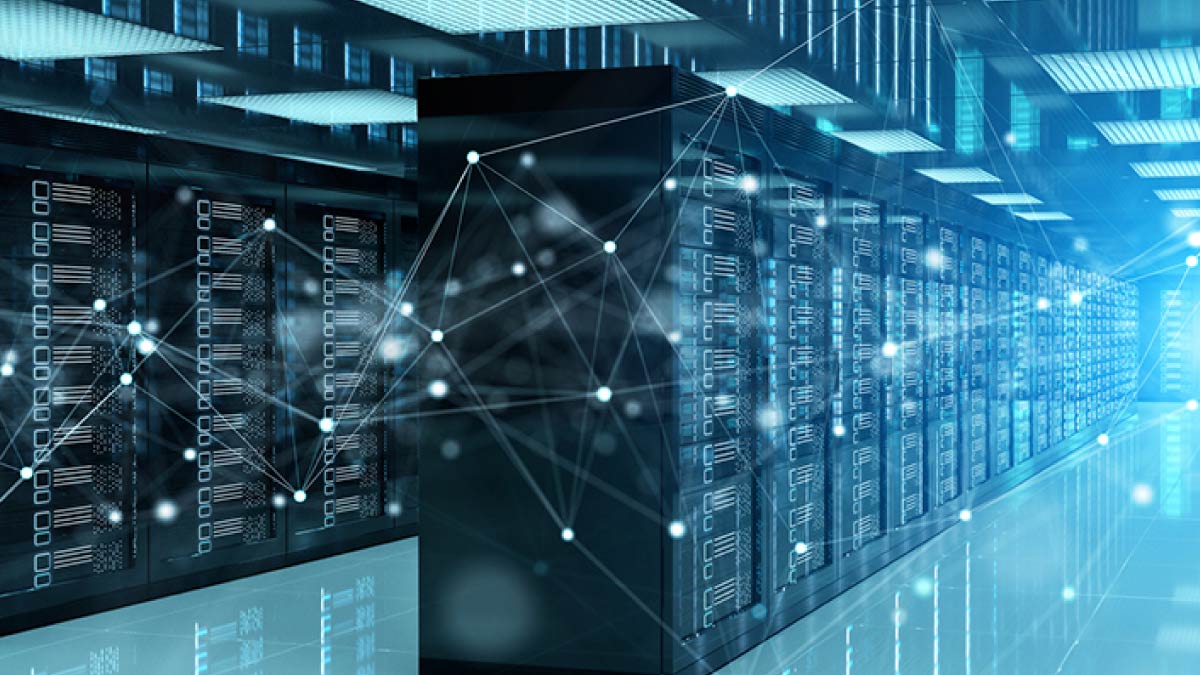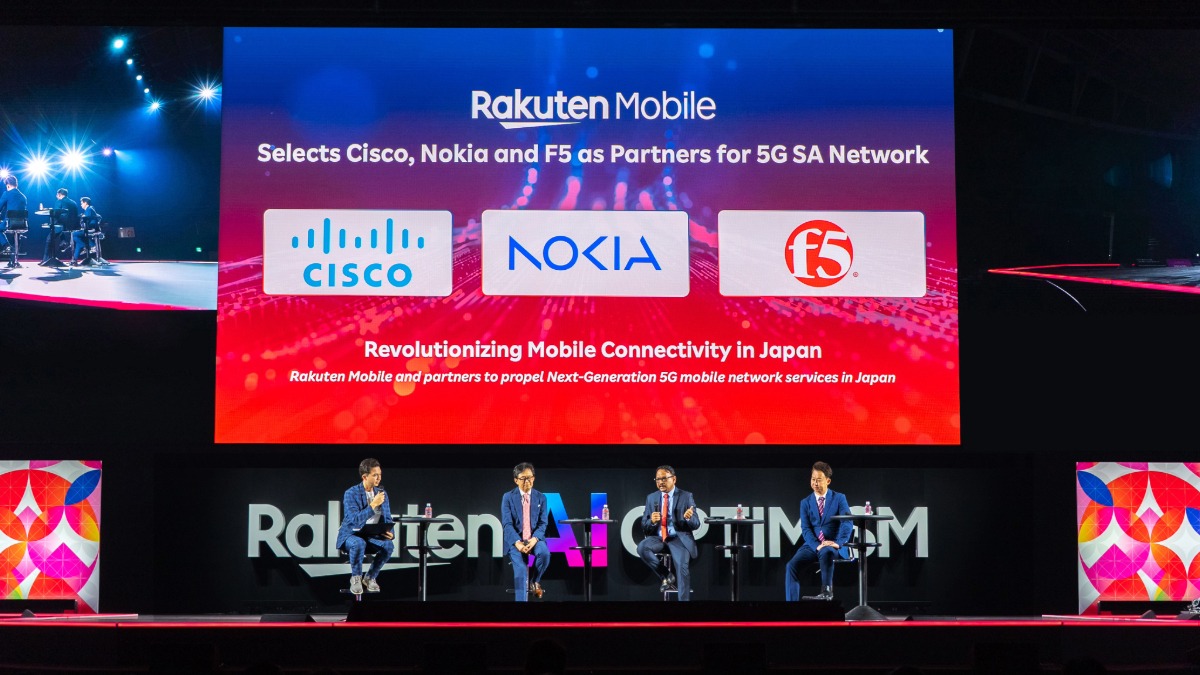The world is moving at a break neck pace, but technology can actually help level the playing field. We’ve all heard about how automation and AI could take away jobs, but as we become more and more connected, we have more opportunities than ever before. Thanks to this digital revolution, also known as the Fourth Industrial Revolution, countries, businesses, communities, and citizens have more access to information, increased efficiency and productivity.
Here’s a brief timeline and explainer of the four industrial revolutions:
- 1760: First Industrial Revolution:Started in Britain with the steam engine, which enabled new manufacturing processes and the creation of factories.
- 1860: Second Industrial Revolution:Mass production in new industries like steel, oil and electricity. The light bulb and telephone were both invented during this era.
- 1960: Third Industrial Revolution:Also known as the “Digital Revolution,” this time period launched the inventions of the personal computer, the semiconductor, and the internet.
- 2016: Fourth Industrial Revolution: Klaus Schwab, Executive Chairman of the World Economic Forum first introduced this idea, which brings together the advances of AI, robotics, IoT, machine learning and other technologies.
Up until the Fourth Industrial Revolution, each preceding industrial revolution lasted about a century, but technology has moved quickly to accelerate this latest revolution.
The Fourth Industrial Revolution focuses on smart technologies and connected devices. Cisco’s annual VNI reportpredicts that by 2022, more than 28 billion devices will be connected. That’s up from 18 billion devices in 2017. While these numbers can sound overwhelming, it also offers huge global opportunities, allowing people to securely connect to any device, on any network, to any application. That’s the beauty of the rollout of 5G and Wi-Fi 6, which promise faster speeds and better reliability.
See also: Wi-Fi’s new 6 GHz spectrum is a new frontier
We’ve just begun entering the Fourth Industrial Revolution, but technology is moving so quickly that we’re already taking steps into the Fifth Industrial Revolution, which many futurists define as using technology for good. As Salesforce Chairman and Co-CEO Marc Benioff said at the World Economic Forum,“In the Fifth Industrial Revolution, we’re going to have to have a chief ethical and humane use officer.”
Led by Chairman and CEO, Chuck Robbins, Cisco takes its responsibility of making the world a better place seriously. It’s a core value to the company, which has pledged to positively impact 1 billion people by 2025.Cisco strives to use all of the advances of the Fourth Industrial Revolution, like digitization and IoT, to help drive economic development and solve social or environmental problems. To date, Cisco estimates it has positively impacted 440 million people, mostly through cash grant investments to nonprofit organizations, like Destination: Home.




